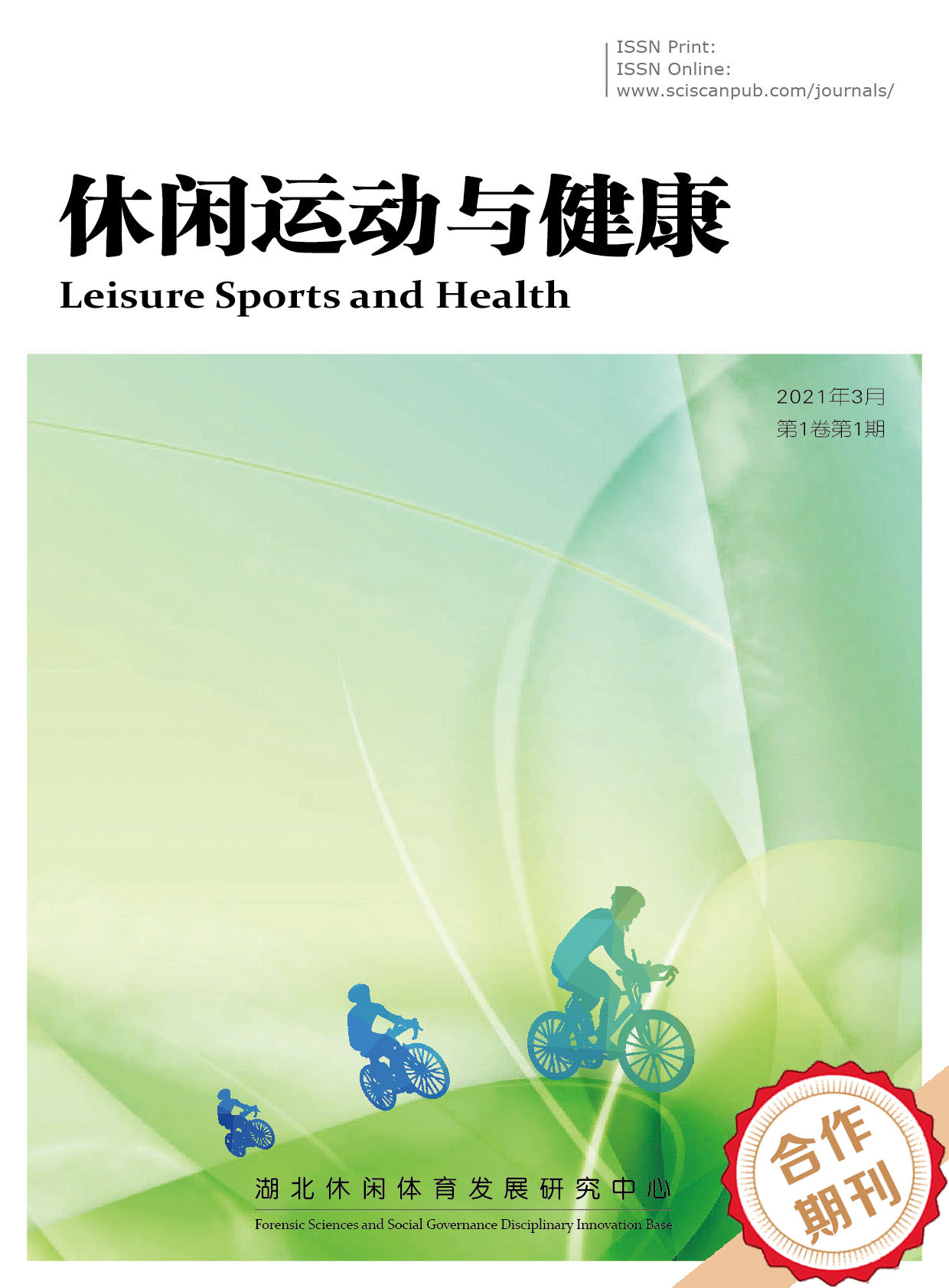Leisure Sports and Health
ISSN Print:2710-0154
ISSN Online:2710-0162
Contact Editorial Office
Subscribe to the latest published information from SCISCAN
我国省域休闲体育本科专业课程体系建设的基本现状、现实问题及提升路径——基于湖北省的实践调查
The Basic Status, Current Problems, and Improvement Paths of the Curriculum System Construction of Leisure Sports Undergraduate Majors in China’s Provinces—Based on a Practical Survey in Hubei Province
- Authors: 付群¹² 侯想¹
-
Information:
1.湖北大学体育学院,武汉; 2.清华大学体育产业发展研究中心,北京
- Keywords: 休闲体育;本科专业;高校;课程建设;课程体系
- Leisure sports; Undergraduate major; Universities; Curriculum construction; Curriculum system
- Abstract: 推进课程体系建设既是疏通休闲体育专业建设发展瓶颈的重要手段,也是实现休闲体育本科专业健康可持续发展的现实诉求,更是响应国家专业建设与调整的现实要求和推进体育学科高质量发展的时代需要。运用文献资料法、深度访谈法等研究方法,选择武汉体育学院、湖北大学、武汉体育学院体育科技学院、湖北经济学院、武汉商学院等5所开设休闲体育本科专业的院校为调查对象,以休闲体育本科专业课程体系建设为切入点,对湖北省高校休闲体育本科专业课程体系建设进行分析和探讨。研究结果表明:湖北省高校休闲体育专业人才的培养目标总体上契合休闲体育本科专业人才培养的现实需求和发展方向,就业方向也相对明确,虽参差不齐,但课程体系总体上达到了国家对休闲体育本科专业人才培养课程体系建设的要求。然而,仍存在与相关学科差异性不显著、人才供给与社会需求匹配性不强、“产学研”一体化培养形同虚设、休闲体育专业特色不鲜明、基础载体建设总体不足等现实问题。为此,提出了聚焦休闲产业发展,凸显休闲体育专业特色;强化社会需求调研,提升人才培养针对性;创新课程体系建设,形成专业独特优势;推进多元融合培养,实现“产学研”一体化;加大专业平台建设,注入学科持续发展动力等课程体系建设的提升路径。
- Promoting the construction of curriculum system is not only an important means to unblock the bottleneck in the development of leisure sports major construction, but also a practical demand to achieve the healthy and sustainable development of leisure sports undergraduate major. It is also a response to the practical requirements of national professional construction and adjustment and the needs of the times to promote the high-quality development of sports discipline. Using the methods of literature review, in-depth interviews and other research methods, this paper selected five colleges and universities with leisure sports undergraduate major, including Wuhan Sports University, Hubei University, Wuhan Sports University College of Sports Science and Technology, Hubei University of Economics, and Wuhan University of Commerce, as the survey objects. The research results indicate that the training goals of leisure sports professionals in universities in Hubei Province generally align with the practical needs and development direction of leisure sports undergraduate talent training, and the employment direction is relatively clear. Although the participation is uneven, the curriculum system overall meets the national requirements for the construction of leisure sports undergraduate talent training curriculum system. However, there are still practical problems such as insignificant differences with relevant disciplines, weak matching between talent supply and social demand, virtual integration of “industry university research” training, unclear characteristics of leisure sports majors, and overall insufficient basic carrier construction. Therefore, it is proposed to focus on the development of the leisure industry and highlight the professional characteristics of leisure sports; Strengthen social demand research and enhance the targeted talent cultivation; Innovate the construction of the curriculum system to form unique advantages in the field; Promote diversified integrated training and achieve the integration of industry, academia, and research; Increase the construction of professional platforms and inject impetus into the sustainable development of disciplines, as well as the improvement path of course system construction.
- DOI: https://doi.org/10.35534/lsh.0301001
- Cite: 付群,侯想.我国省域休闲体育本科专业课程体系建设的基本现状、现实问题及提升路径——基于湖北省的实践调查[J].休闲运动与健康,2023,3(1):1-11.














